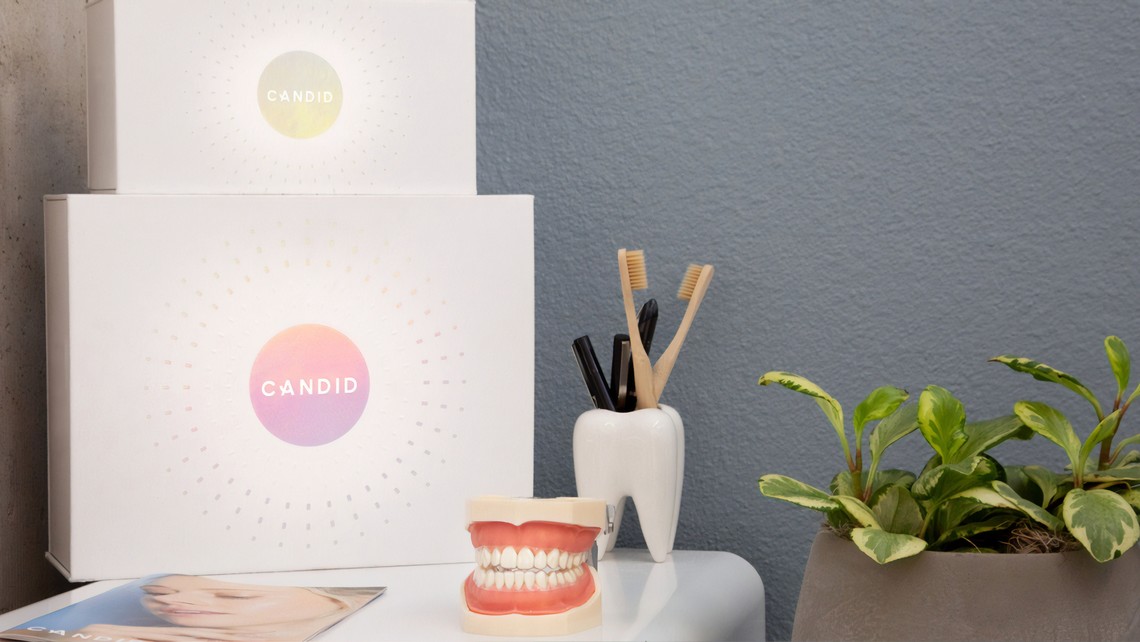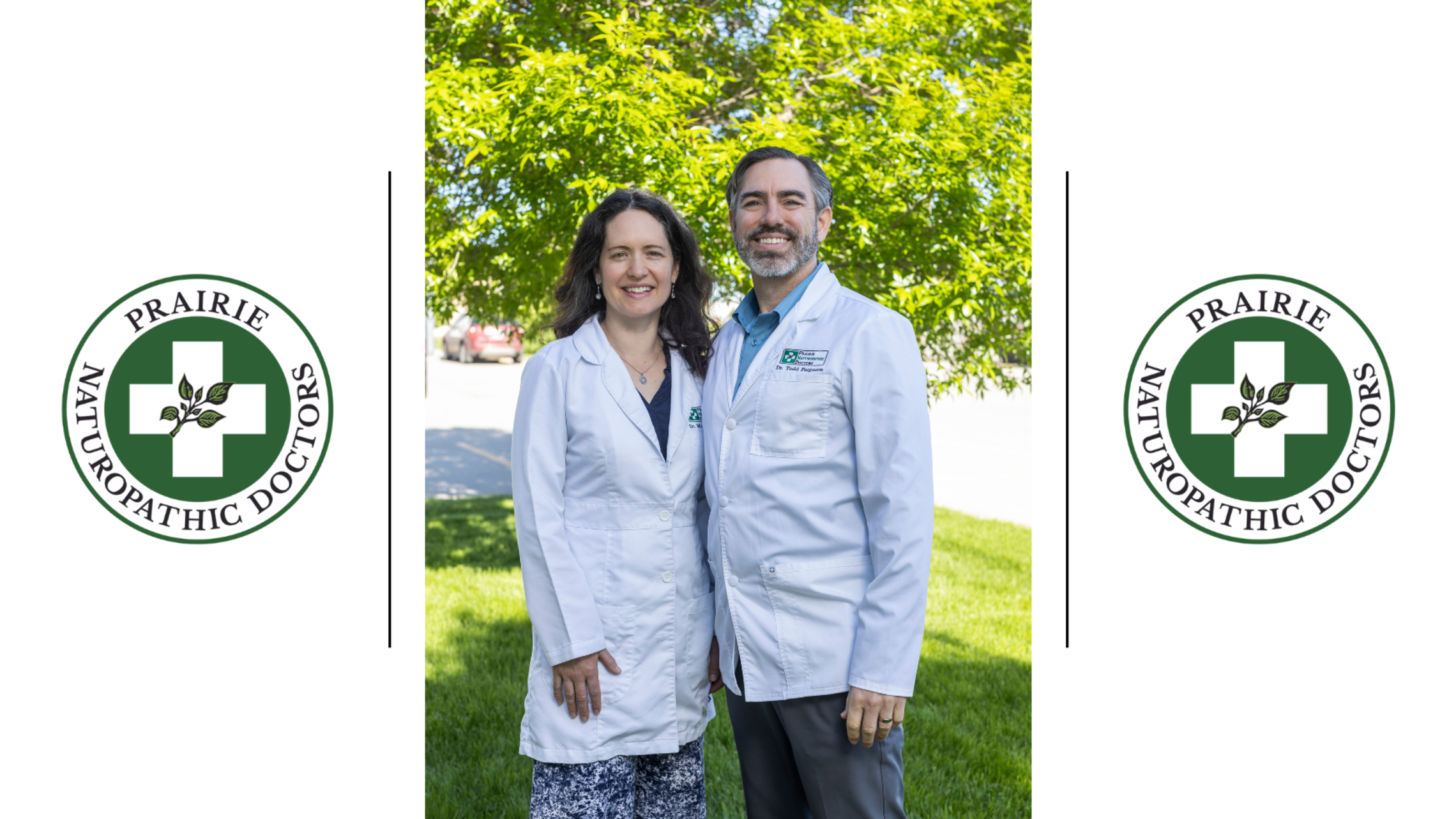The Correlation Between Your Teeth and Your Health

I will briefly cover several important points in this post, with emphasis on the fact that your dental health affects your overall health.
In his Ted Talk from January 2020, Charles Reinertsen, DMD, explains that 90% of dental infections, including gum disease and tooth infections, are painless. The number one reason why people don’t go in for their regular dental checkups is that they aren’t experiencing any pain. “Pain is a great motivator,” he says. “But just because something doesn’t hurt, doesn’t mean it’s healthy.”
According to the CDC, 47% of Americans over the age of 30 have gum disease! And that number jumps to over 70% if you’re looking at folks over the age of 65. Let’s see what that means in terms of general health.
Gum infections, caused by bacteria in the mouth, can become inflamed when the body’s immune system kicks in to attack the infected area. This inflammation releases chemicals which eat away the gums and even the bone structure, causing weakened teeth. At your biannual dental visit, your dentist looks for loose teeth and bleeding gums to make sure you don’t have signs of infection. Neglecting your basic oral care can lead to endangerment of your heart, lungs, brain, and kidneys — all due to the P. gingivalis bacteria which thrives in diseased gums and teeth!
Let’s take a brief look at each of these medical conditions, and how your oral hygiene can affect their general outcome:
- Cancer – According to the American Cancer Society, over 50,000 Americans will have oral or throat cancer by the end of the year. Excessive tobacco or alcohol use are two factors that increase the odds. Your dentist will look for any suspicious lumps or patches during your exam.
- Coronary Artery Disease – Some researchers believe that, of the 630,000+ deaths per year in the U.S. from heart attacks, up to 50%, or 300,000+ of those deaths, may be caused by preventable dental infections!
According to a review of the British Regional Health Study (BRHS) (N = 2147, 71–92 years), and the Health, Aging and Body Composition (HABC) Study (USA) (N = 3075, 71–80 years) researchers found increased risk for mortality from cardiovascular disease in people with periodontal disease (Sci Rep. 2021; 11: 16452)
If you have gum disease, you are at a much higher risk for those pesky bacteria to enter your bloodstream and make it to your heart. If your family history includes cardiovascular disease, then let your dentist know; (s)he’ll want to prevent any additional dental plaque from entering your arteries.
- Diabetes – Patients who have diabetes are especially prone to infections, so their dentists will need to be on high alert for gum disease.
If your family has a history of diabetes, your dentist will need to know so (s)he can look out for bleeding or swollen gums, receding gums, bad breath, and loose teeth.
Untreated plaque buildup on the teeth can actually lead to periodontitis which, unlike gingivitis, cannot be reversed by adapting a healthy oral hygiene routine. Not only does periodontitis decrease the body’s ability to efficiently use its insulin, but high blood sugar in a patient gives the infection better growing conditions!
The good news is that, just as the negative impact goes both ways, so does the positive impact of managing both blood sugar and periodontitis.
- Eating Disorders – Someone who is struggling with an eating disorder will often lose enamel on the insides of their front teeth.
Bleeding gums, dry mouth, and tooth sensitivity are also possible signs of a problem. If you or someone you know needs help, your physician is an excellent place to start. Not only can (s)he help you to obtain medical treatment, but also to find other important support systems, such as a therapist or emotional support group.
- Kidney Disease – Our kidneys are like filters for our bodies. When they’re not working as they should be, signs can show up in all our many body systems — including our digestive system.
If your dentist notices either foul or sweet-smelling breath or dry mouth during an examination, (s)he will want to contact your physician to explore the possible causes.
- Osteoporosis – As we age, our bones tend to weaken or become brittle. Your dentist might find signs of osteoporosis during your routine check-up, such as loose teeth and receding gums.
- Pre-term Birth – Inflammation and infection caused by gum disease may inhibit the baby from properly developing.
Pregnancy also causes hormones to fluctuate, resulting in a greater risk of periodontitis. It is, therefore, especially important for pregnant mothers to continue with their regular dental visits.
In addition to regular dental visits, your food and drink choices along with your nutritional status will greatly affect the health of your teeth and, therefore, your overall health and wellness. Excessive sugar consumption can lead to worn enamel, tooth decay, and gum disease. Carb-heavy foods, which eventually break down into sugars, can also cause harm if left unchecked. Insufficient vitamin C and vitamin K intake can also negatively affect the teeth and gums.
Fresh fruits and vegetables, which are rich in vitamins and minerals are beneficial choices for your teeth. Those nutrient-rich foods also make it easier for your body to fight off infection and disease, even the oral variety. One vegetable rich in calcium, magnesium and vitamin K is bok choy. Try it out!
If there’s one takeaway from this post, it should be that caring for your gums and teeth is an essential part of your healthy lifestyle.
If you have questions or if you would like to start a conversation between your naturopathic physician and your dentist, we’re absolutely here for you!


